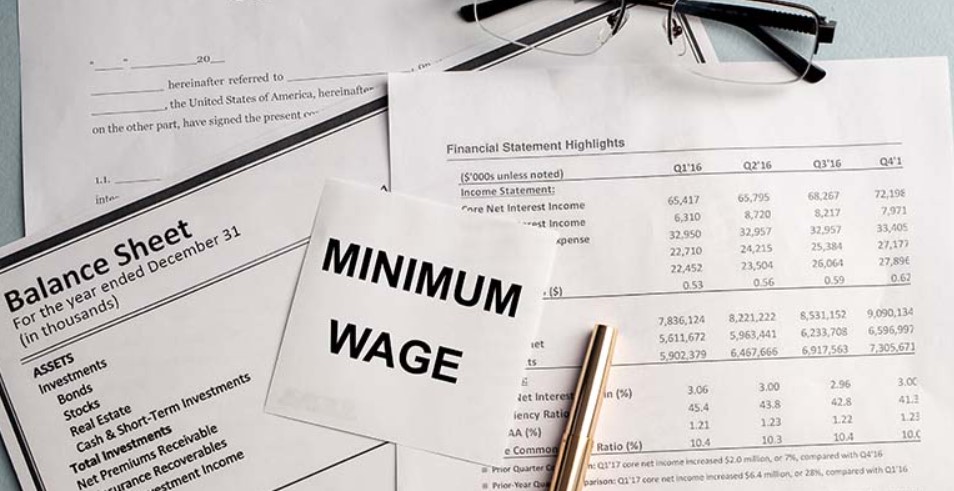Minimum Wage Regulations in Florida
July 28, 2023
Florida state law bars individual municipalities from setting their own minimum wage rates at odds with the statewide rate. However, a bill moving through the Florida House seeks to overturn that ruling. Learn more about minimum wage regulations in Miami.
Employees in Miami who are not exempt from overtime laws are entitled to the Florida state minimum wage per hour. This includes employees who receive tips. However, some employers violate the law and cheated their employees of the wages they deserve.
Overtime and Unpaid Wages
If you’re paid a minimum wage rate, you’re entitled to time-and-a-half for any hours worked over forty in a week. However, many employees working in Miami and throughout the state are not properly compensated for their overtime hours. This is because employers often engage in wage theft practices.
In Florida, you can seek the recovery of unpaid minimum wages going back up to five years from the date you were first owed. Your Miami overtime and unpaid wages attorney can help you pursue these claims if you suspect that you are a victim of wage theft.
Tipped workers, such as servers, rely on tips to bring their hourly pay up to the federal minimum wage. To keep these workers on track to meet their hourly earnings, some employers engage in “tip pooling.” This is when all of the worker’s tips are placed into a general tip pool and shared among all of the tipped employees.
This system can lead to confusion and even unfair treatment of workers who are not paid enough to meet their financial obligations. An experienced attorney can explain how the law works and how to protect your rights. In addition, a lawyer can help you determine whether you are eligible for unpaid overtime and other compensation.
Living Wage Calculator
The MIT living wage calculator is a useful tool that helps people understand how much money they need to make to support themselves and their families. It uses localized data to determine how far a person’s post-tax salary needs to go in a city to cover basic expenses. The website offers figures for single individuals and one- and two-income households. It also provides a comparison with the minimum wage and poverty wages.
The calculation takes into account a range of family size and composition factors, including the cost of child care, housing, and food. In addition to these costs, it includes the price of transportation and education. It also includes a small margin for civic engagement and savings. Some living wage estimates exclude certain items, like meals out of the home and clothing.
Advocates for living wages argue that they boost productivity and morale, while critics believe that they will harm the economy by forcing corporations to reduce hiring. Unlike the minimum wage, the living wage is a target price floor established by policy rather than by market forces. This can lead to inefficiencies. It can also limit a worker’s ability to purchase goods and services. However, it should be noted that the living wage is not intended to be a replacement for the minimum wage, which is determined by federal law and can only be increased by congressional action.
Miami Wage and Hour Lawyers
The State of Florida sets minimum wage laws and has specific labor laws regarding overtime. Our Miami Wage and Hour Lawyers help workers understand the minimum wage laws and how they apply to them.
Florida’s minimum wage currently stands at $8.46 per hour for non-exempt employees. However, many workers are cheated out of their rights to a fair pay rate. This is especially true for day rate workers, tipped workers and other employees who do not receive the minimum wage for their work. Our attorneys fight to ensure that workers are paid what they are entitled under federal and Florida law.
During the legislative session in Tallahassee, a bill has been proposed that would overturn living wage ordinances passed by the City of Miami and other Florida cities. These ordinances require companies that have government contracts to pay their employees at least the minimum wage.
These workers are largely low-wage tipped workers who cannot afford the rising cost of housing and other essential expenses in Florida. FLS/CJP has been working to support the living wage ordinances, ensuring they are implemented effectively. It also supports non-profits who have enacted their own living wage policies and engages funders to encourage them to support the movement. We will continue to monitor these developments and provide updates on our blog and FLS/CJP website as they develop.
